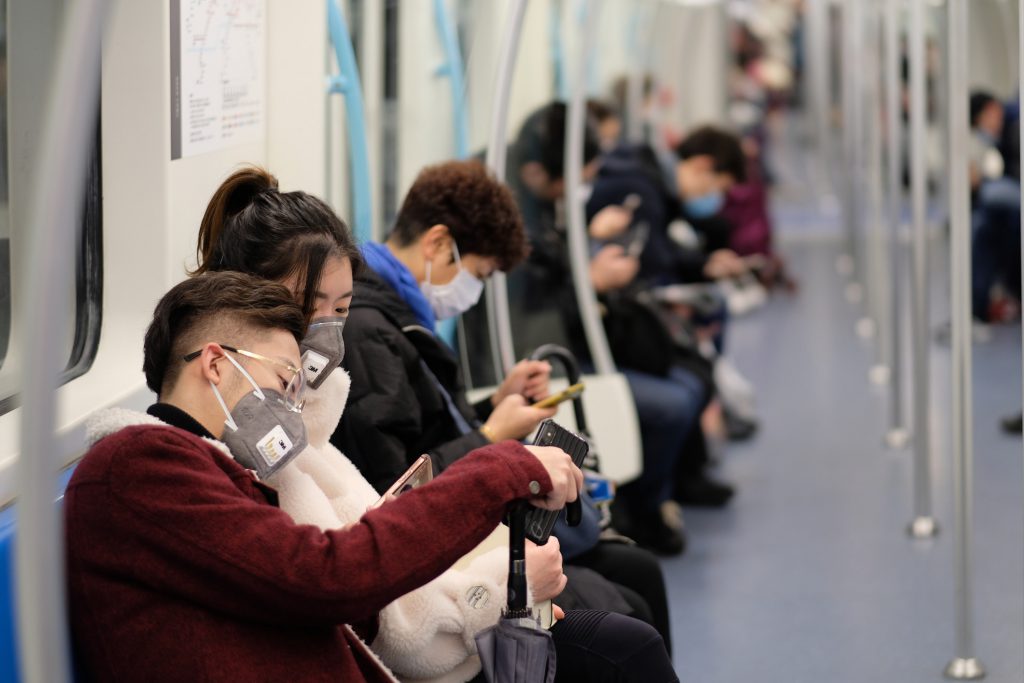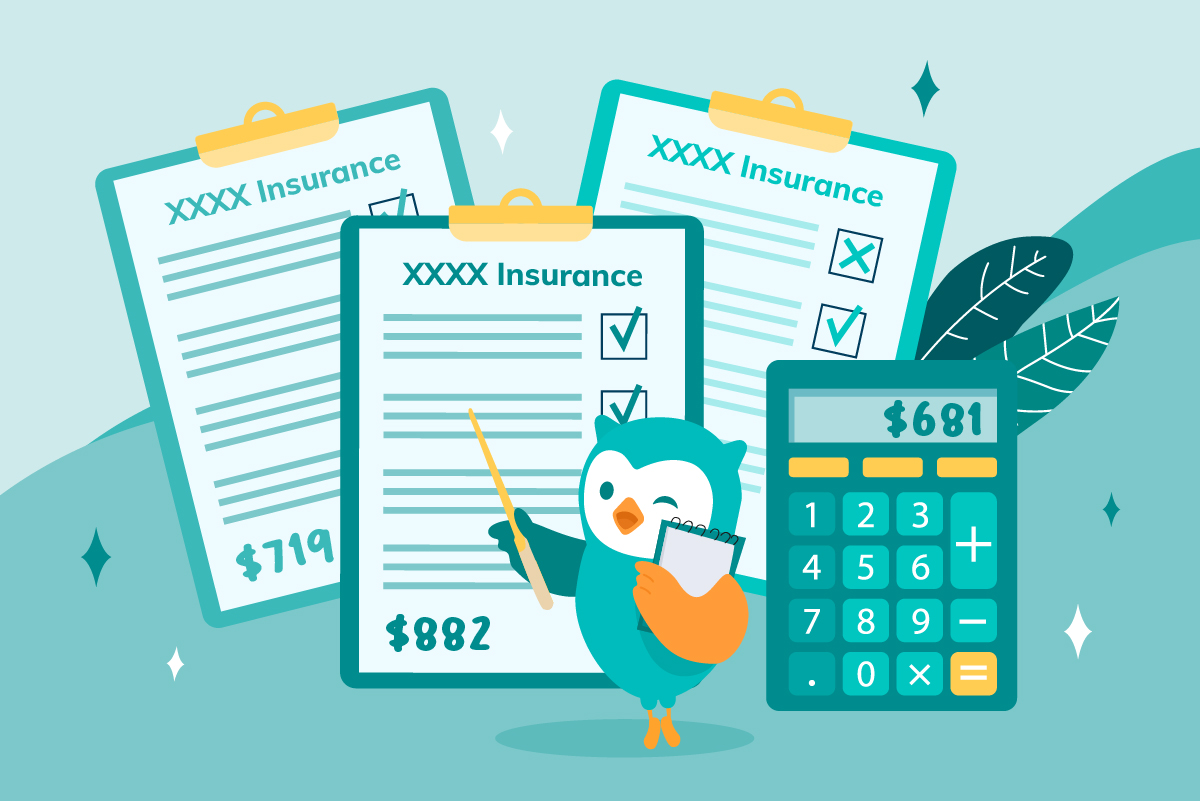Note: It was announced in November 2023 that MoneyOwl will be acquired by Temasek Trust to serve communities under a re-purposed model, and will move away from direct sale of financial products. The article is retained with original information relevant as at the date of the article only, and any mention of products or promotions is retained for reference purposes only.
______________
This article is adapted from an email to MoneyOwl clients on 28 January 2020.
I usually write to our investing clients once a month after the month end, but the jitters surrounding the spread of the coronavirus spurred me to do so earlier. At the start of the week on Monday 27 January 2020, US and Europe markets came down, with the Dow losing its gains for the year (although this sounds worse than it is, given that it is early days yet and just a few percentage points). But indices tracking Chinese companies and emerging markets have fallen more and Asian investors are bracing for a sell down when Chinese markets re-open after an extended Lunar New Year break. This decline is not so much because it is the rational thing for markets to do in a health crisis, but probably because market participants have been looking for an excuse to take some risk off the table after an extremely and unexpected strong run in 2019. Even then, this is a comment I can only make after the fact, as nobody can consistently and reliably tell when stocks will fall or rise. By their nature, markets are naturally volatile, especially in the short term, and returns have a randomness to them.
In a post on our FaceBook on Lunar New Year’s Eve, just as the first coronavirus case in Singapore was confirmed, I urged vigilance without panic for both our response as Singapore residents to everyday life and as investors to what might happen in markets. The data regarding epidemics’ impact on short-term market return is inconclusive at best and utter bollocks at worst. Yes, even now experts are dissecting which companies or sectors would benefit and which would suffer from the coronavirus situation. But there is no need to trouble ourselves with such activity, which can really be confusing. More importantly, we have seen time and again how such active management does not tend to outperform consistently.
Instead, at MoneyOwl we could tell our clients that they can rest in the confidence about their investment and plan because:
a. A MoneyOwl portfolio is a highly diversified portfolio across multiple countries and multiple sectors. There are 8000+ stocks in the equities part of your portfolio. This means that an investor is not overly exposed to any specific risks to individual companies arising from the Coronavirus.
b. MoneyOwl does not pit our wits – or our clients’ money – against the collective wisdom of markets by trying to guess the timing of market movements or by choosing one sector or individual companies in response to short-term headlines. Dimensional Fund Advisors, the fund manager of the funds that make up our portfolios, also take a market-based approach based on the long-term evidence about the markets.
c. MoneyOwl portfolios are recommended to each client because it reflects the client’s need, ability and willingness to take risk. As long as there is no change to this situation, especially the time horizon for which an investor can comfortably hold the investment, he or she remains well placed to capture the market return over time despite the volatility in between. If the portfolio includes bonds, they are there precisely to stabilise the portfolio return so that an investor can go through the ride more comfortably.
d. Over the long term, global markets always recover – from trade wars, military wars, financial crises and yes, epidemics. This remains valid, even if the next set of earnings disappoints and markets take another leg or two, or even if this year ends up down. Remember that we cannot know reliably whether or when this will happen. One needs to stay with the markets to capture the upside from the recovery and achieve the market return.
As we take care of our physical health during this time through disciplined and common-sense hygiene practices, we need to take care of our financial health too, by keeping to the discipline of staying put. The worst thing we can do, which can seriously jeopardise our goals, is to panic and sell down, thinking we would know when to come back – this is very difficult to do. The best thing to do is to keep investing regularly: do set up a Regular Saving Plan (RSP) if you have not done so. If you have some “dry powder” in SRS or in the bank, you can put that to work. If doing it all at one go is too much to take, then drip it in over 3 months or so, not to time the market but to manage your emotion so that you will not be tempted to stay out forever.
Financial wellness, like physical health, tends to be the accumulated result of many small decisions to act (or to refrain!), one good decision at a time. Sometimes we might need a coach to come alongside us – this is where a MoneyOwl Client Adviser can help. As a bionic financial adviser, with strong technology platforms in investments, insurance and more, and drawer plans for technology-enabled communication ready to deploy, we also remain ready to serve our clients all through this public health situation.
May this year of the Rat be one of peace, prosperity and good health for all of us.
Chuin Ting Weber is CEO and CIO of MoneyOwl.




